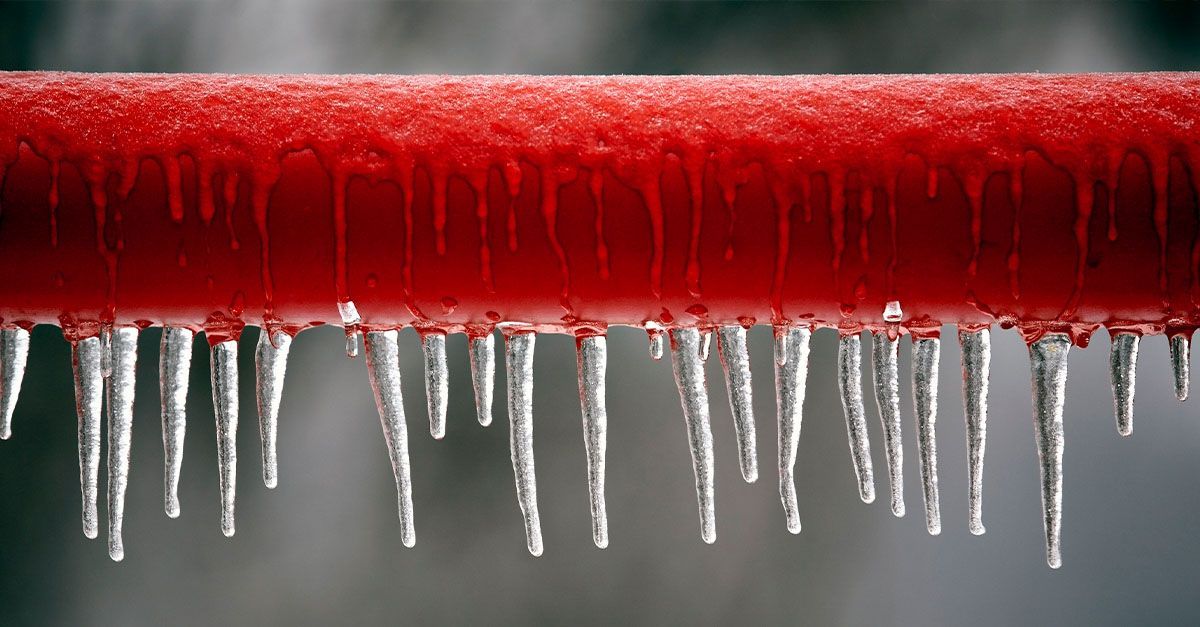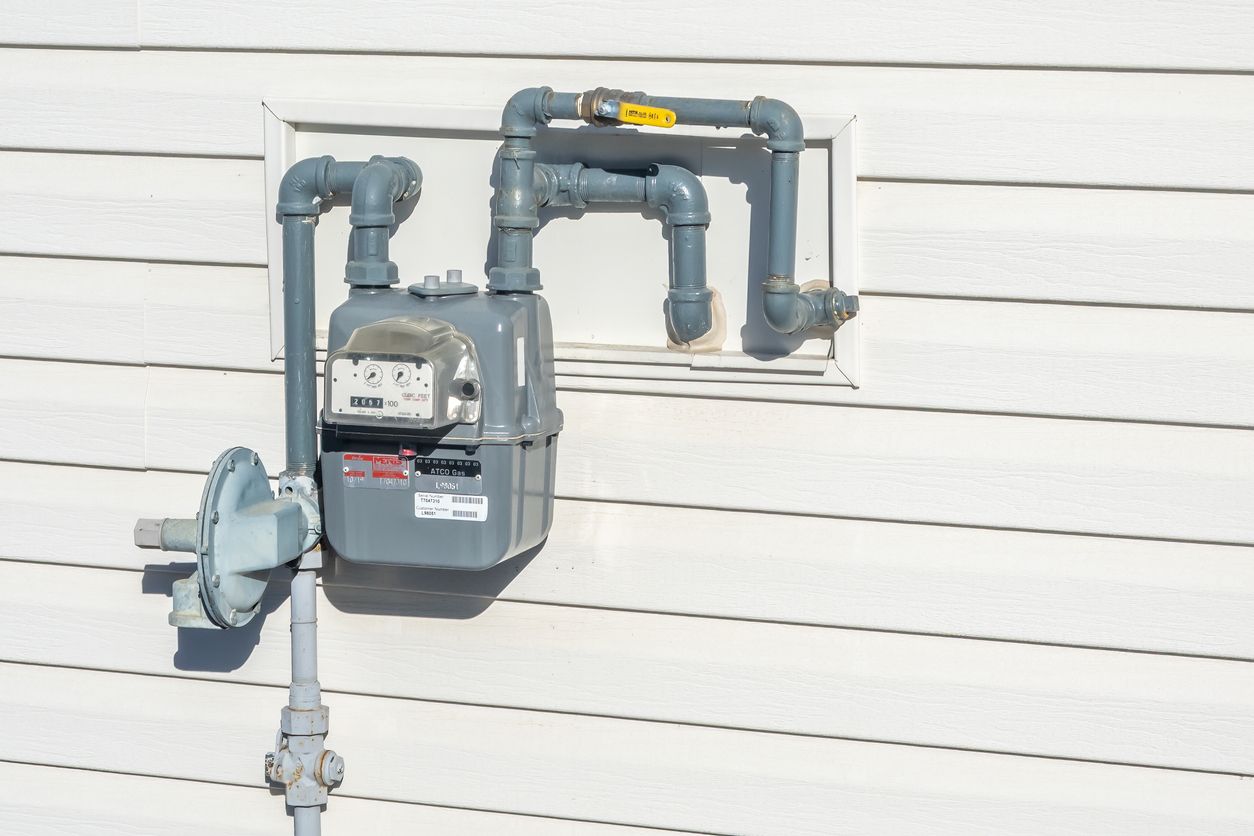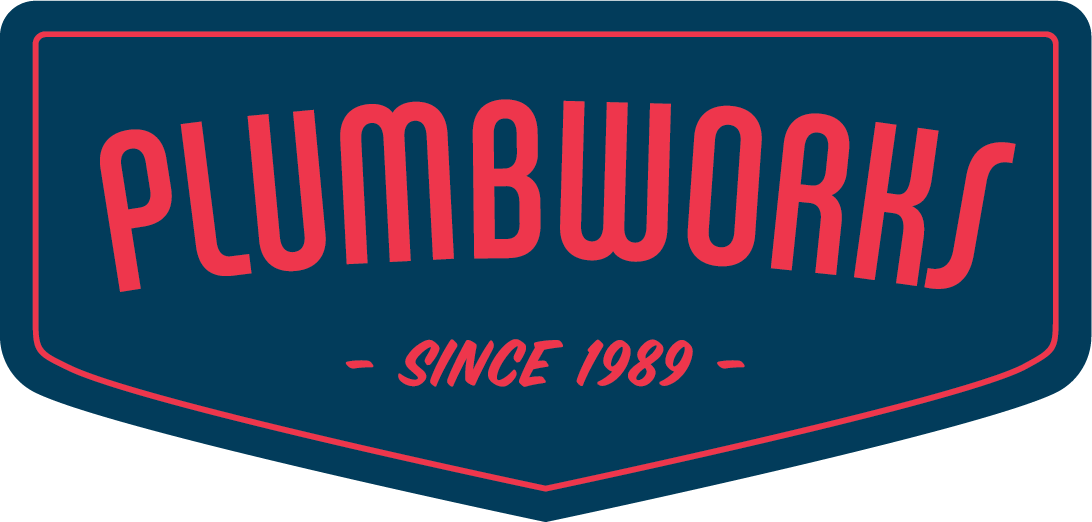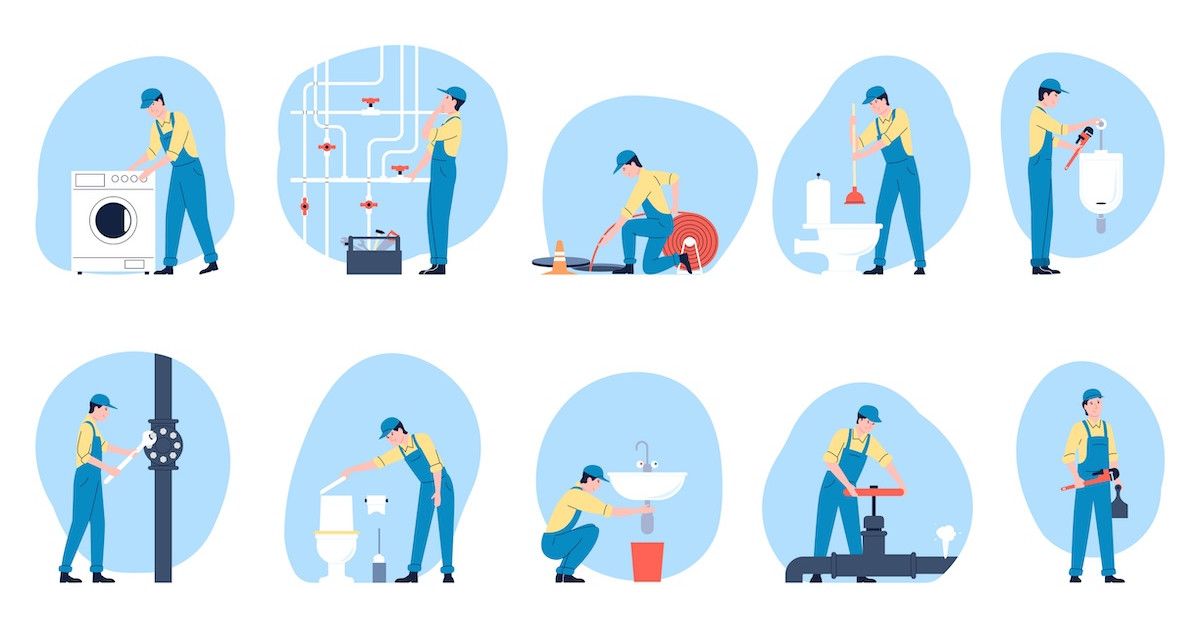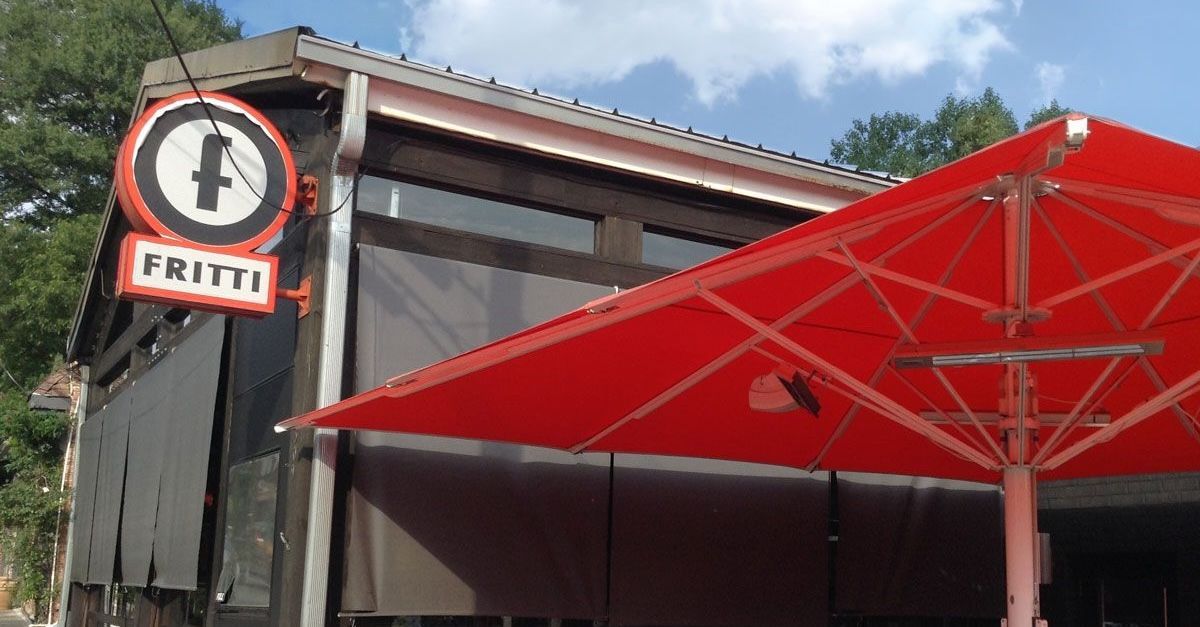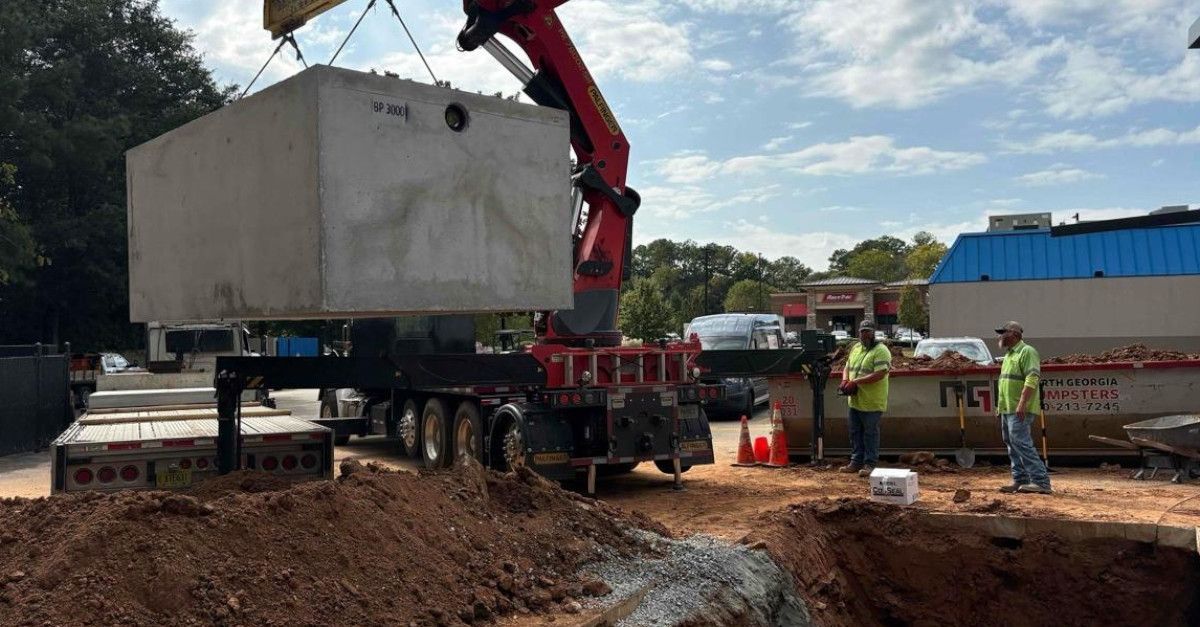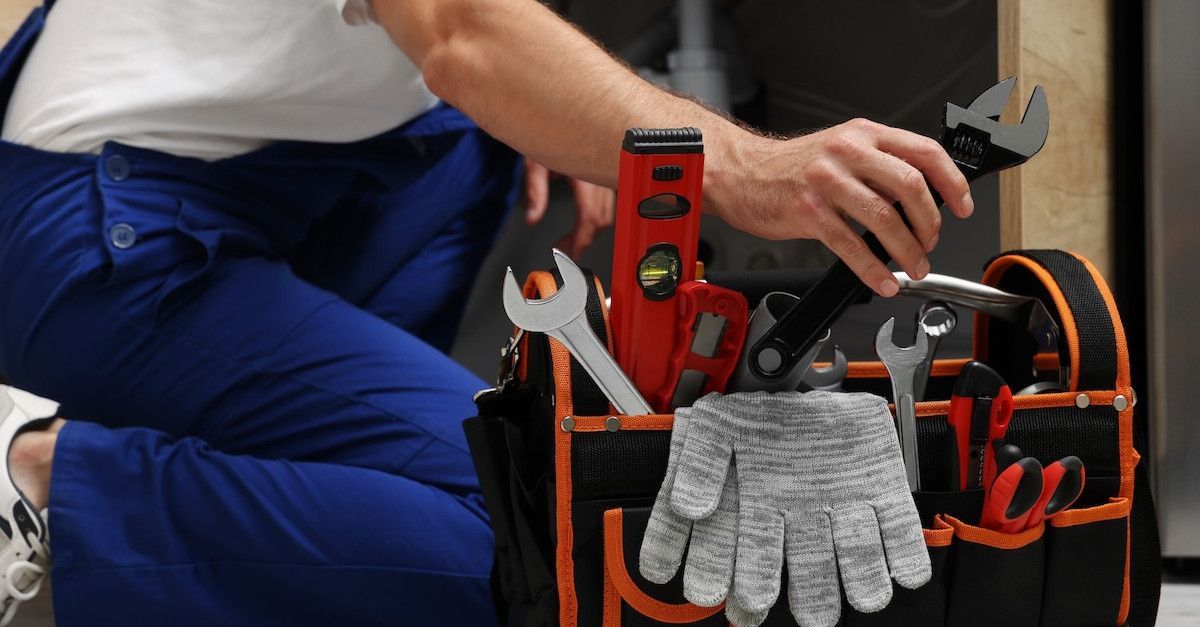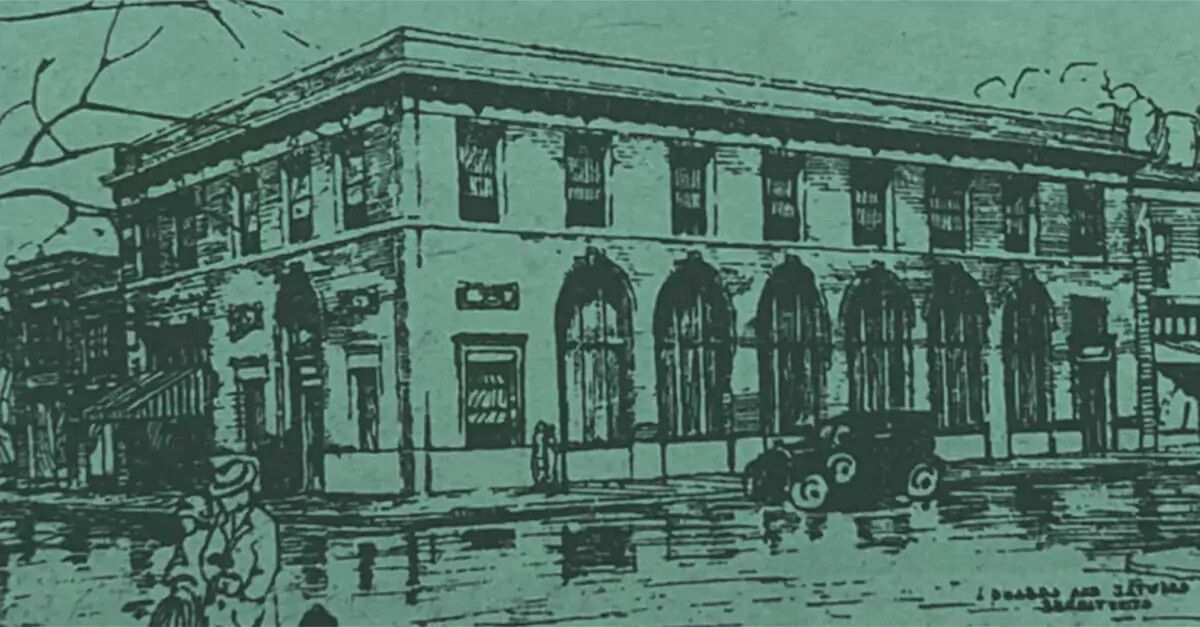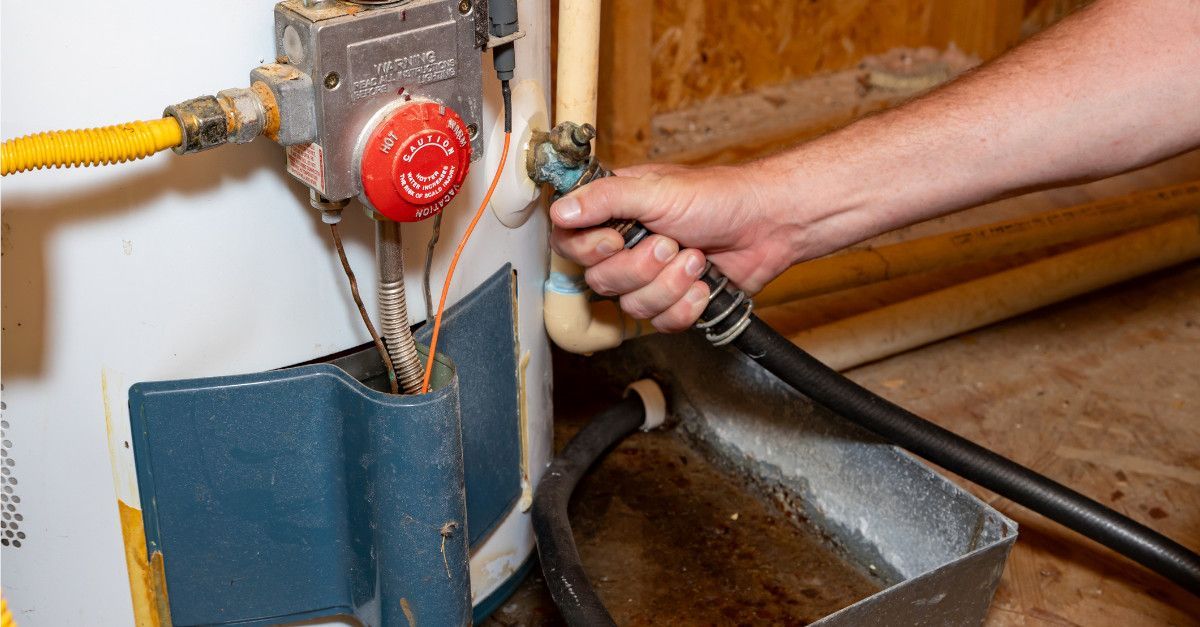How to Tell if You Have a Water Leak Underground

Every property owner dreads the thought of one day discovering irreparable damage caused by an underground water leak that has gone undetected. It’s no secret that underground water leaks can lead to extensive damage to your personal property as well as the structural integrity of the building itself. To make matters worse, underground water leaks are notoriously difficult to notice and identify, often leaving the problem to fester for years.
So can you tell if you have an underground leak and what should be done about it? Continue reading below to find out how you can discover and repair an underground water leak before it snowballs into bigger problems.
What causes underground water leaks?
When a leak is found in your underground pipes, it is typically the product of a few different causes such as:
- Friction
- Corrosion
- Soil shift
- Water chemistry
- Poor installation
- Low-quality pipe material
- Age of the pipes
These situations tend to create pinholes that begin leaking tiny amounts of water but can turn into major holes that dump water into the surrounding soil. Homes that are 15 years old or older are particularly susceptible to underground water leaks. Checking your home or business’s indoor and outdoor plumbing on a regular basis is key to spotting leaks early.
If something doesn’t seem right with your underground plumbing, it is important to contact a licensed local plumber to further investigate the problem. A professional plumber can use a water leak sensor to help them locate the source of the leak and determine what it will take to remedy the problem.
Signs You Have an Underground Water Leak
Aside from purchasing a pricey underground water leak detector for your home or business, there are a few ways that you can tell that you could be dealing with an underground leak. Some of the most notable signs include:
- Low water pressure throughout the building
- Increased water usage and high water bill
- Water meter running after the water has been turned off in the house
- Puddles in the lawn
- Water sounds when water isn’t running in the home
- Excess water in the soil around the home
- Areas that are consistently muddy
- Damp flooring or walls
- Cracks in the foundation
If you notice any of the above situations around your property, it is a good idea to contact a plumber for a thorough evaluation. Discovering the problem and fixing it as soon as possible can save you thousands of dollars in repair costs for additional damage caused by the leak.
How do you fix an underground leak?
Oftentimes, the best way to go about repairing your underground water leak is to speak to a professional plumber and invest in complete water line replacement. To do this, a plumber must first locate the underground water leak using a water leak detector. Once the leak has been found, the appropriate repair method may be determined.
Though it is common to repair broken pipes by excavating the area, removing the old pipe, and placing a new one in its place, trenchless repair methods may also be suitable for the job. This repair method only requires small access holes to be created instead of exposing the whole pipe, meaning that you could potentially have your underground leak repaired without needing to spend additional money on fixing your landscaping as well.
Call Plumb Works for Underground Water Leak Fixes
When you are faced with a potentially detrimental underground leak, it is crucial that you take care of it as soon as possible. To do this, you need the experts at Plumb Works Inc. Our top-rated
Atlanta leak detection services can help you get your home or business back up and running as quickly as possible.
With over 30 years of experience, exclusive pricing offers, and plumbing coupons, Plumb Works has established itself as a top underground water leak detection company in Atlanta. So if you’ve noticed water stains, puddles of water, or any of the other signs mentioned above and can’t determine their source, contact the team at Plumb Works Inc. today! (404) 524-1825.
Whether you are looking for residential leak detection or a
commercial plumber to diagnose leaks at your business; Plumb Works has the expertise and experience to keep your property dry.
